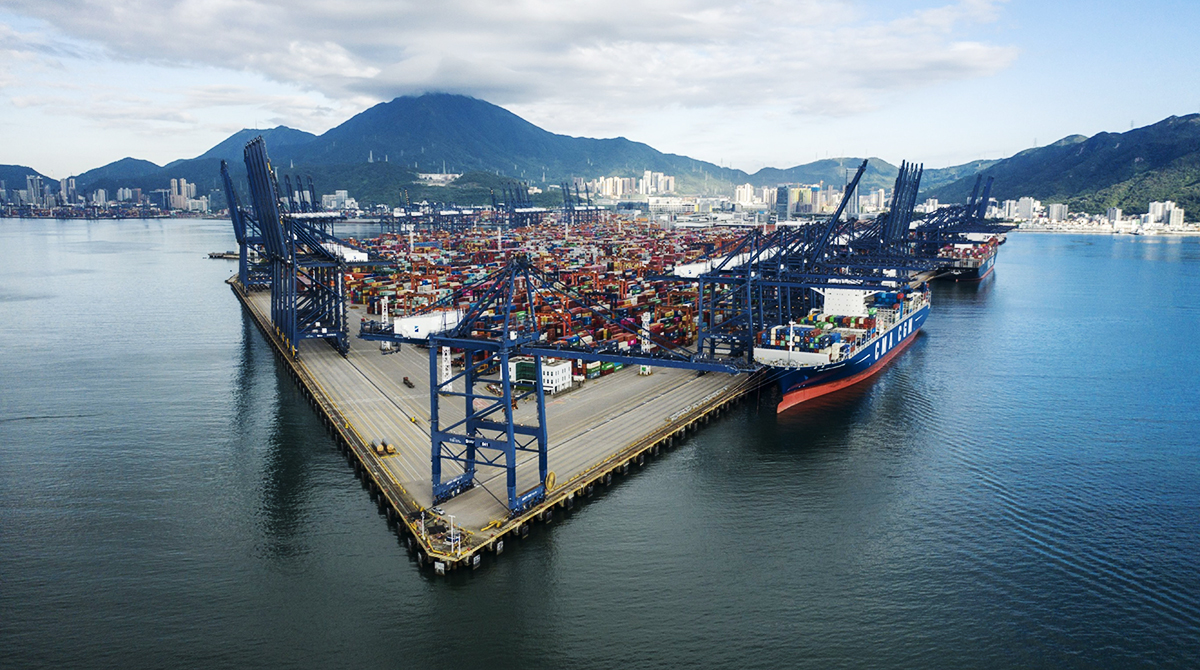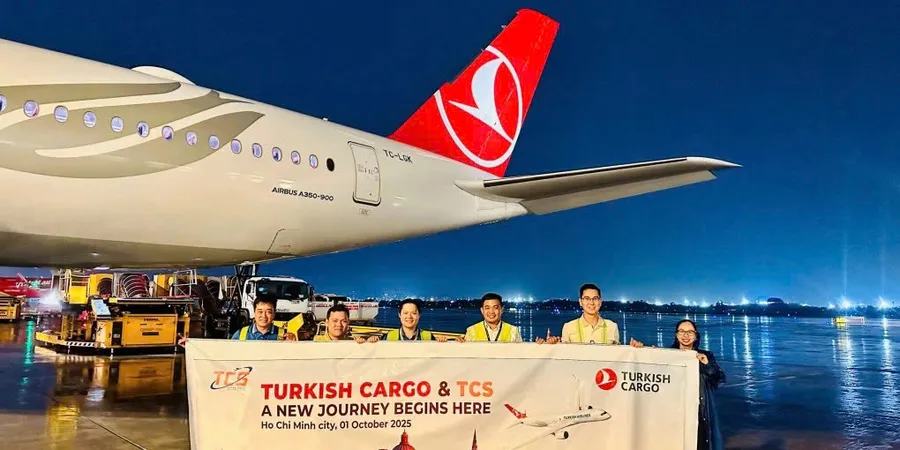Container Freight Rates Set to Rise on More China Lockdowns
The number of containerships waiting off Qingdao, one of China’s biggest ports, is continuing to rise as the country doubles down on its COVID Zero policy, adding more delays to a strained global supply chain.
About 72 vessels were spotted off Qingdao port in Shandong on March 14, almost double the amount at the end of February, according to shipping data compiled by Bloomberg. The increased delays there and in other parts of China are expected to push up freight rates.
While there usually is a build-up of vessels seeking to enter China after the Lunar New Year holidays, volumes this year are being exacerbated by lockdowns aimed at curbing new coronavirus outbreaks.
“The virus outbreaks are sprouting up in different parts of China, and lockdown measures do not seem as effective because the transmissibility of the new variants are higher,” said Salmon Aidan Lee, head of polyesters at energy consultancy Wood Mackenzie. “That leaves us with a situation that has worsened in the past few days at Qingdao,” he said, adding that he expects freight rates to rise because of increasing delays.
There also is a growing backlog of vessels off the ports of Shanghai, Ningbo and Zhoushan. There were 262 ships counted there, up from 243 a week ago. However the situation off Shenzhen and Hong Kong has eased, dropping to 162 vessels from 208 on March 7.
The rapid spread of the omicron variant in China is increasing the pressure on already strained supply chains reeling from Russia’s invasion of Ukraine. Shipping lines such as AP Moller-Maersk have canceled services to Russia and halted some rail shipments from China into Europe.
China has locked down Shenzhen and the northeast province of Jilin in the latest effort to contain the pandemic, threatening technology and auto manufacturing output. The Yantian container port, Shenzhen’s largest, said March 14 that operations are continuing normally.
China’s zero-tolerance approach to the virus has led to several partial port closures over the past year, exacerbating concerns about disruptions to supply chains and the subsequent rise in production costs. Surging global oil and gas prices due to the Russian invasion of Ukraine are adding to inflation risks in China as factory costs remain elevated.
Source: Economictimes





